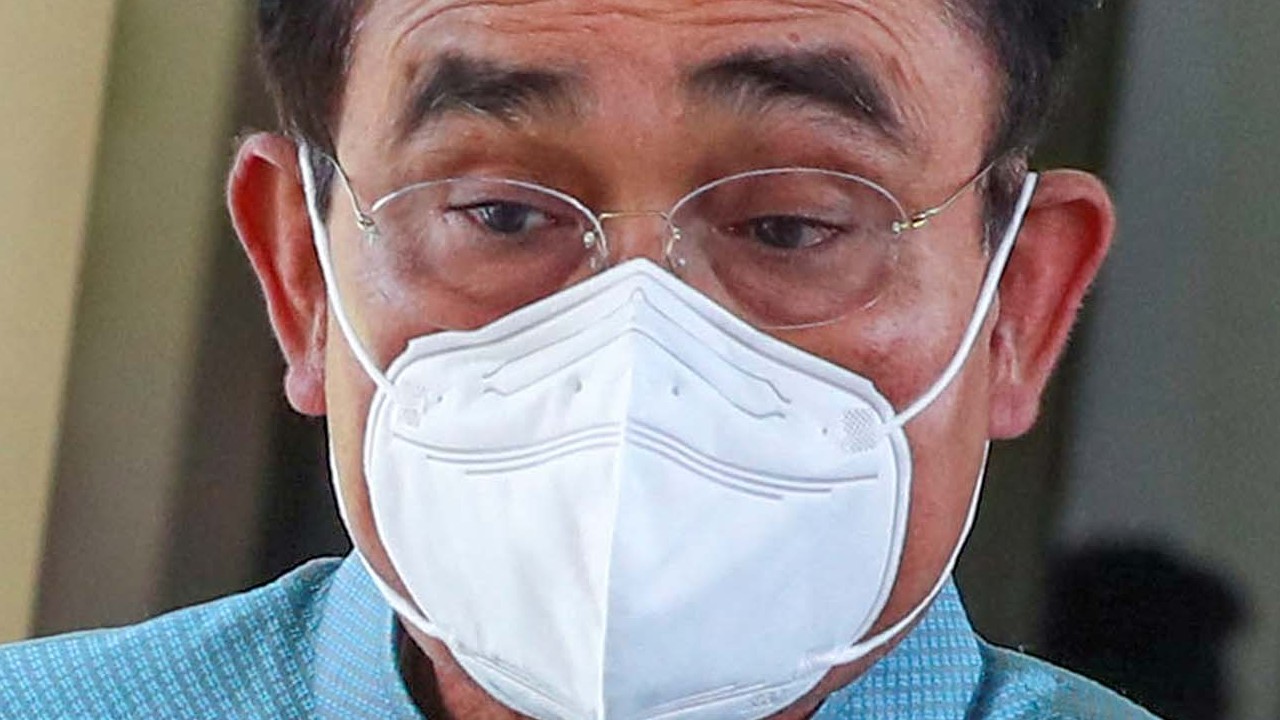Advertisement
Thailand politics: 4 ways Prayuth Chan-ocha’s suspension might play out
- The Constitutional Court is set to rule on former junta chief Prayuth’s fate – but that could take months, and he has other options in the meantime
- Will he resign before a ruling is made? Or could the court drag out the process all the way until the government’s term ends in March next year?
Reading Time:3 minutes
Why you can trust SCMP

Thailand’s Constitutional Court surprised the nation last week by suspending Prime Minister Prayuth Chan-ocha, a former army chief who first took power in a 2014 coup and stayed on following an election five years later.
Advertisement
The court, whose members were largely picked by a military-appointed Senate, took the action while it deliberates on whether Prayuth exceeded an eight-year term limit added into the post-coup constitution.
That provision was intended to prevent popular elected leaders from holding power too long, particularly after the army forcibly removed Thaksin Shinawatra in 2006 and his sister, Yingluck Shinawatra, in 2014.
The court’s move has fuelled speculation that Thailand’s royal establishment is looking to replace Prayuth ahead of an election that must be called by March 2023.
Although election rules still favour the military-backed group to retain power, it faces stiff competition against the Pheu Thai party backed by Thaksin, whose allies have won the most seats in every national vote over the past 21 years.
“The power that Prayuth seized eight years ago has very much declined,” said Prinya Thaewanarumitkul, a law professor at Thammasat University. “The suspension came despite previous favourable rulings in the coupmaker’s favour, making people anxious about what’s going to happen next.”
Here’s how the situation may play out over the next few months:

Advertisement
